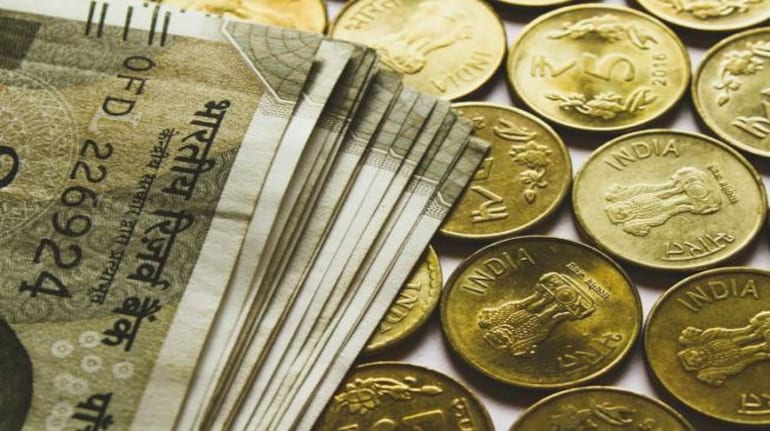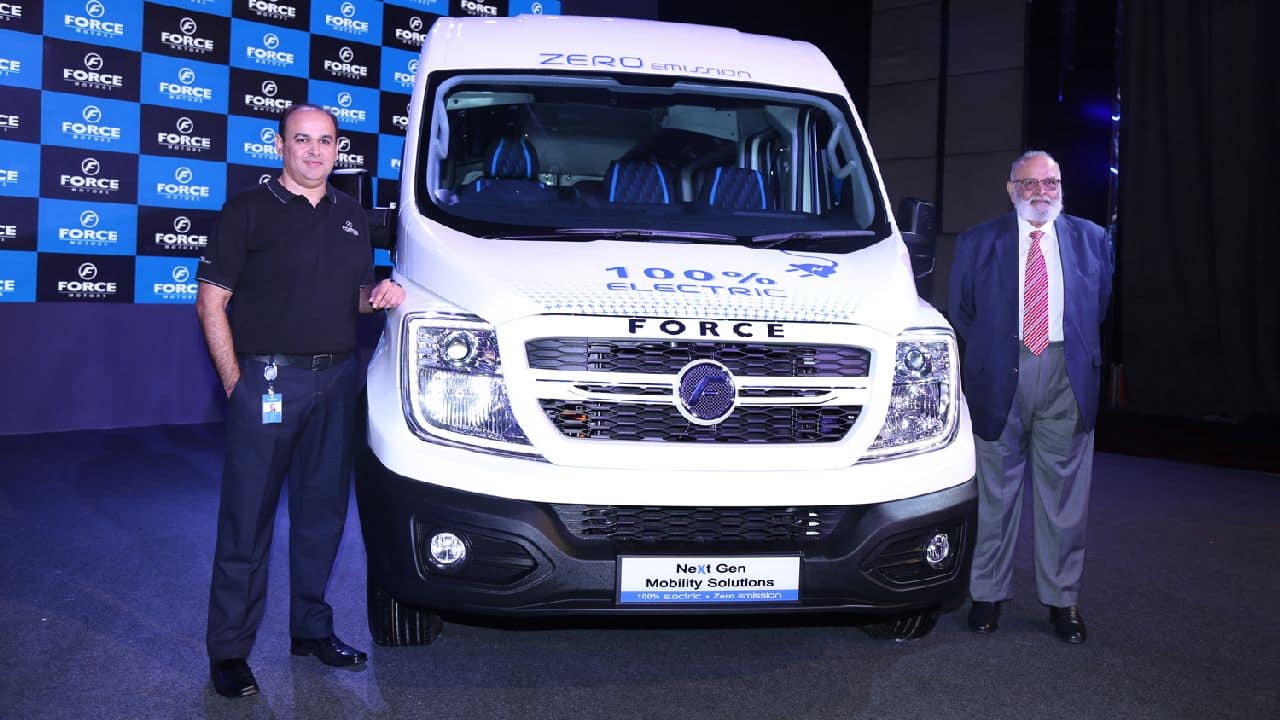Consumer spending patterns have changed due to COVID-19 and the resultant lockdown. Certain industries such as travel and tourism, transport and hospitality have been hit hard as consumers are less inclined to spend on outdoor activities.
The Income Tax Act, 1961 (‘Act’) provides for an exemption to salaried employees in case expenses are incurred on travel within India. As travel has been drastically reduced, employees are unable to avail this benefit of Leave Travel Concession (LTC), as provided by the Act.
In order to give a boost to consumption expenditure and to provide tax benefit to employees, the Government of India has announced the LTC cash voucher scheme.
Employees can claim tax exemption on spending the amount, by satisfying certain other conditions, without the need of actual travel.
Central government employees can avail benefits of the scheme on satisfaction of conditions prescribed in the Office Memorandum issued on October 12, 2020. The Central Board of Direct Taxes issued a press release on October 29, 2020 to provide similar income-tax exemption to non-central government employees, who were not covered by the 12 October Office Memorandum. Also, FAQs were released on October 20, November 10 and November 25, to clarify queries received in respect of the scheme. The exemption is available to both government and non-government employees.
Exemption available under the scheme
For most private sector companies, allowance for leave travel is included in an employee’s Cost to Company (CTC). The exemption is allowed where an employee takes leave to travel within India and furnishes evidence for the same, subject to fulfillment of conditions prescribed in the Act. In case the employee is not able to travel during the year, companies still pay the leave travel allowance amount to employees. Such an amount is then considered as taxable since the proof for travel is not produced and the amount is paid after the deduction of taxes.
The implications would be no different under the LTC voucher scheme. Instead of incurring expense on travel, the employee can now furnish proof for purchases made / services availed and avail the tax exemption.
The tax exemption will be restricted to the deemed LTC fare of up to maximum of Rs 36,000 per person for a round trip. For non-central government employees, the cash allowance payment of a maximum of Rs 36,000 per person as deemed LTC concession fare, is permissible and on the other hand, for government employees, there are slabs for maximum LTC concession ranging from Rs 6,000 to Rs 36,000 per person per trip.
Under the Scheme, employees can avail the tax exemption as under:
-In relation to unutilised LTC fare for the block 2018-2021, by conveying their desire to the employer to avail the benefits under this scheme.
-Employees would be allowed to claim cash equivalent of the full value of leave encashment and payment of LTC fare if the employee opts for this in lieu of one LTC in the block period of 2018-2021.
-As recently clarified, based on FAQ no.3 dated November 25, it is not mandatory for an employee to opt for leave encashment. The employee can avail this scheme utilising the applicable LTC fare without opting for leave encashment. Further, even though leave encashment is not opted for, the employee will have to spend 3 times the deemed LTC fare as mentioned above.
-Payment of premium for new insurance policies purchased between 12 October 2020 and 31 March 2021, is eligible for the benefit under the scheme. This is not applicable to existing insurance policies.
-In case the employee is unable to produce the original bill, then he can submit self-attested photocopies. However, he will have to retain the original bills and is required to produce it on demand.
-The employee will be required to buy goods / avail services worth 3 times the deemed LTC concession fare and worth 1 time the value of leave encashment. If the amount spent is short of the requirement, then the exemption would be allowed proportionately.
-The goods / services bought should be those attracting GST of 12% or more and should be bought from GST registered vendors / service providers.
-Only digital transactions are allowed and GST invoice is to be produced.
-Expenditure should be incurred between 12 October 2020 to 31 March 2021
-An employee should not have exercised option to pay income-tax under concessional tax regime under section 115BAC (new simplified tax regime) of the Act.
Example:
Mr A is an employee with 4 eligible family members. Let us assume he is entitled to leave travel allowance of Rs. 156,000 from the employer based on his compensation structure.
He can avail the LTC exemption only for the lower of Rs. 144,000 (Rs. 36,000 deemed fare per person for 4 members) and Rs. 156,000 (actual entitlement).
For claiming this exemption he will have to invest in the specified expenditure 3 times the amount of 144,000, i.e, Rs. 4,32,000.
The differential of Rs. 12,000 (156,000-144,000) would be taxable.
If the employee spends less, then the entitlement / benefit shall also be reduced proportionately.
Continuing the above example:
If he incurs expenditure of only Rs. 240,000, then the exemption will be restricted to Rs. 80,000 (i.e 2,40,000/4,32,000*144,000). The balance amount of Rs. 76,000 (Rs. 156,000-80,000) would be taxable.
Since the movement of individuals have been severely restricted in the lockdown situations, this is a welcome initiative by the government to boost consumer demand which would then lead to increased spending and revive Indian economy.
(Homi Mistry is a Partner with Deloitte India. Bhavin Rajput, Prachi Phansikar, Deputy Manager and Nikita Malkan, Assistant Manager with Deloitte Haskins & Sells LLP, also contributed) 











_2020091018165303jzv.jpg)



























